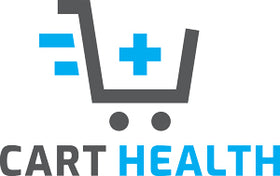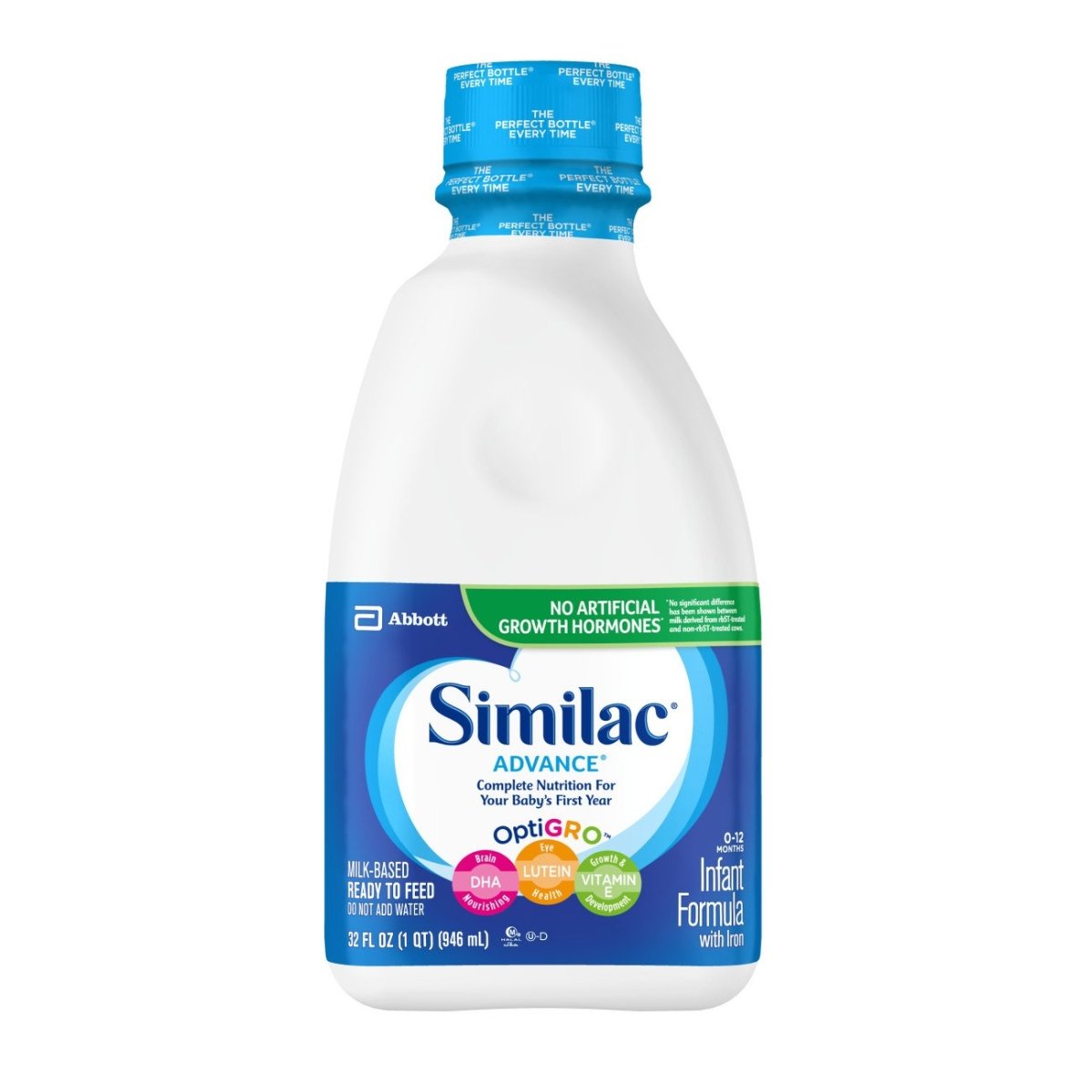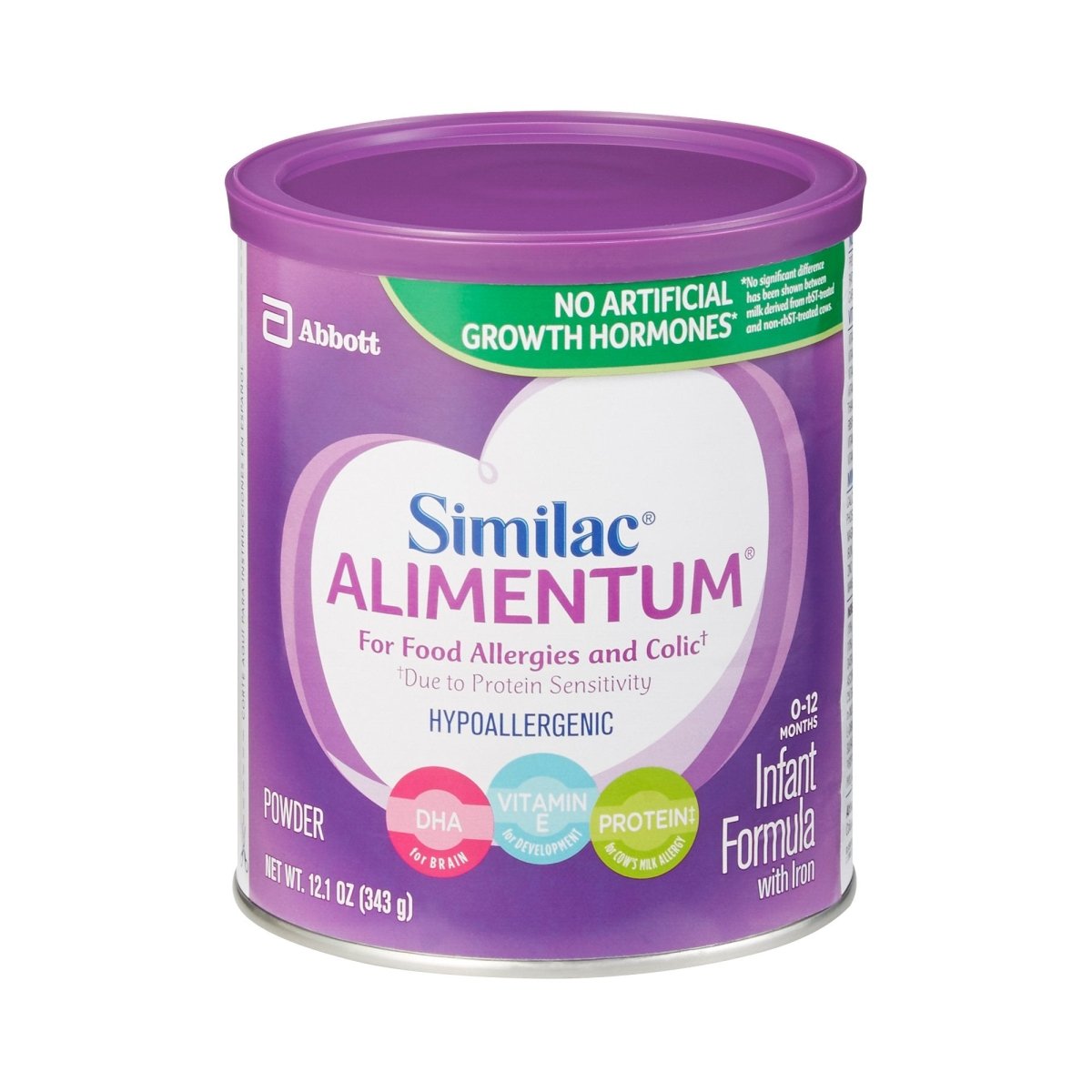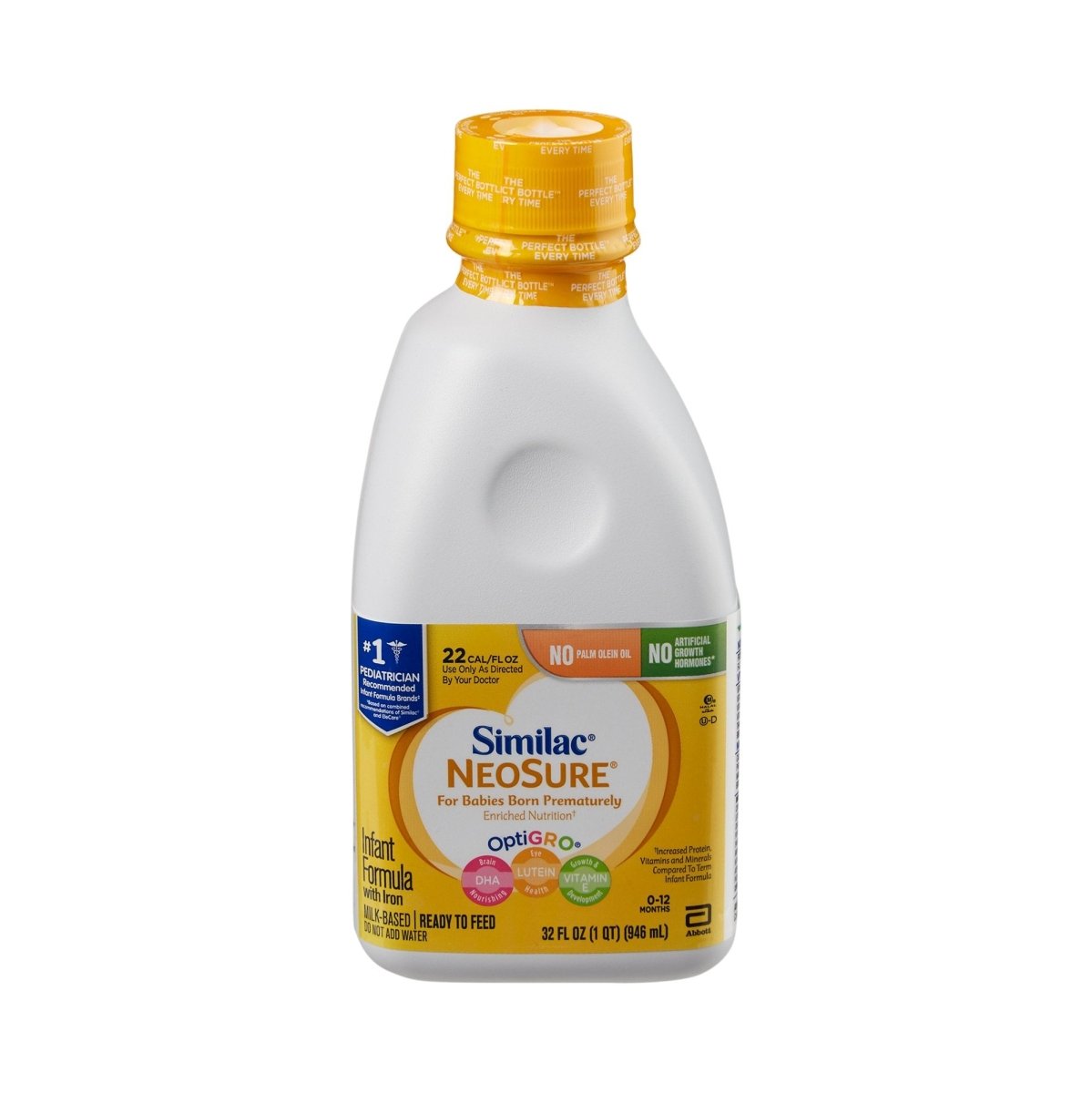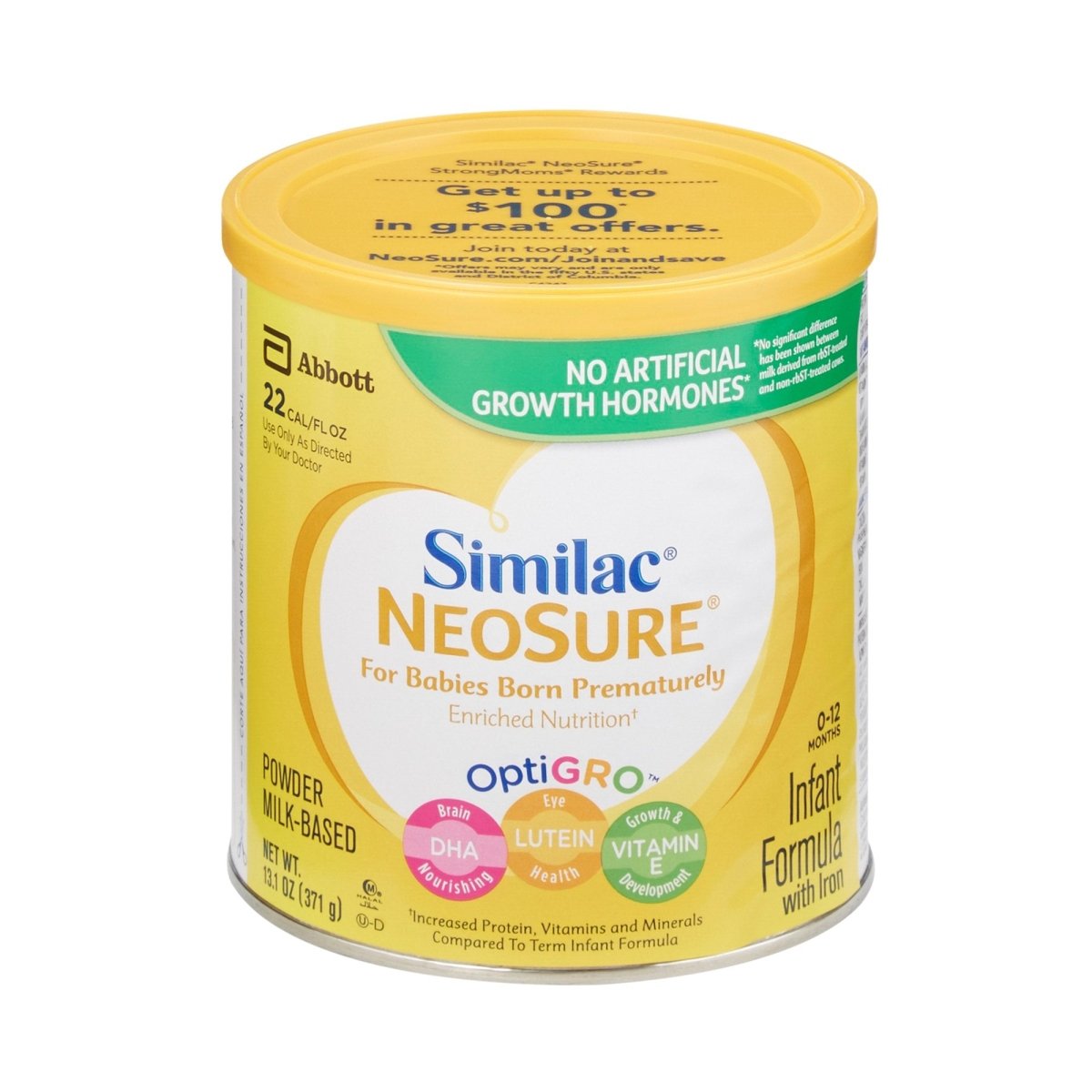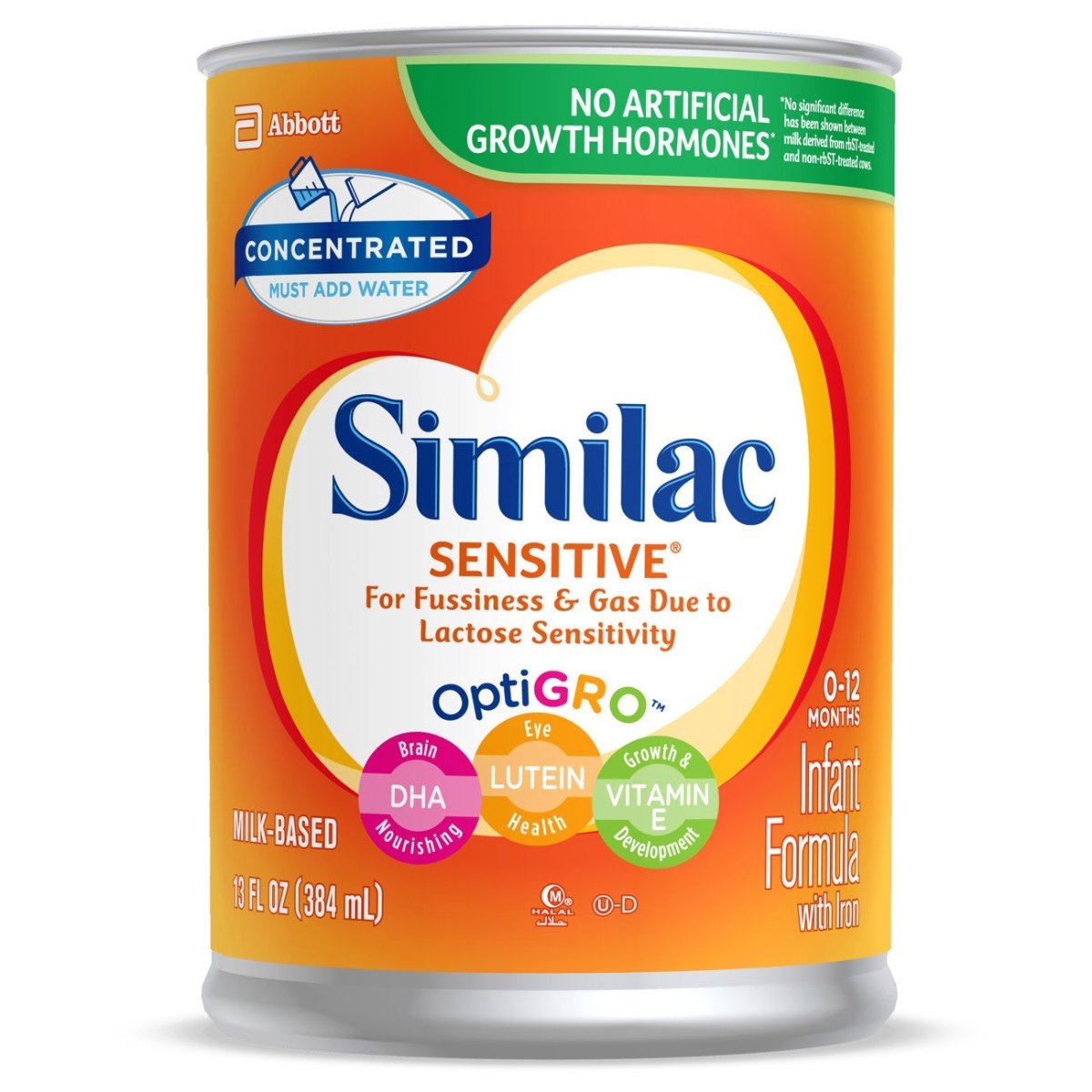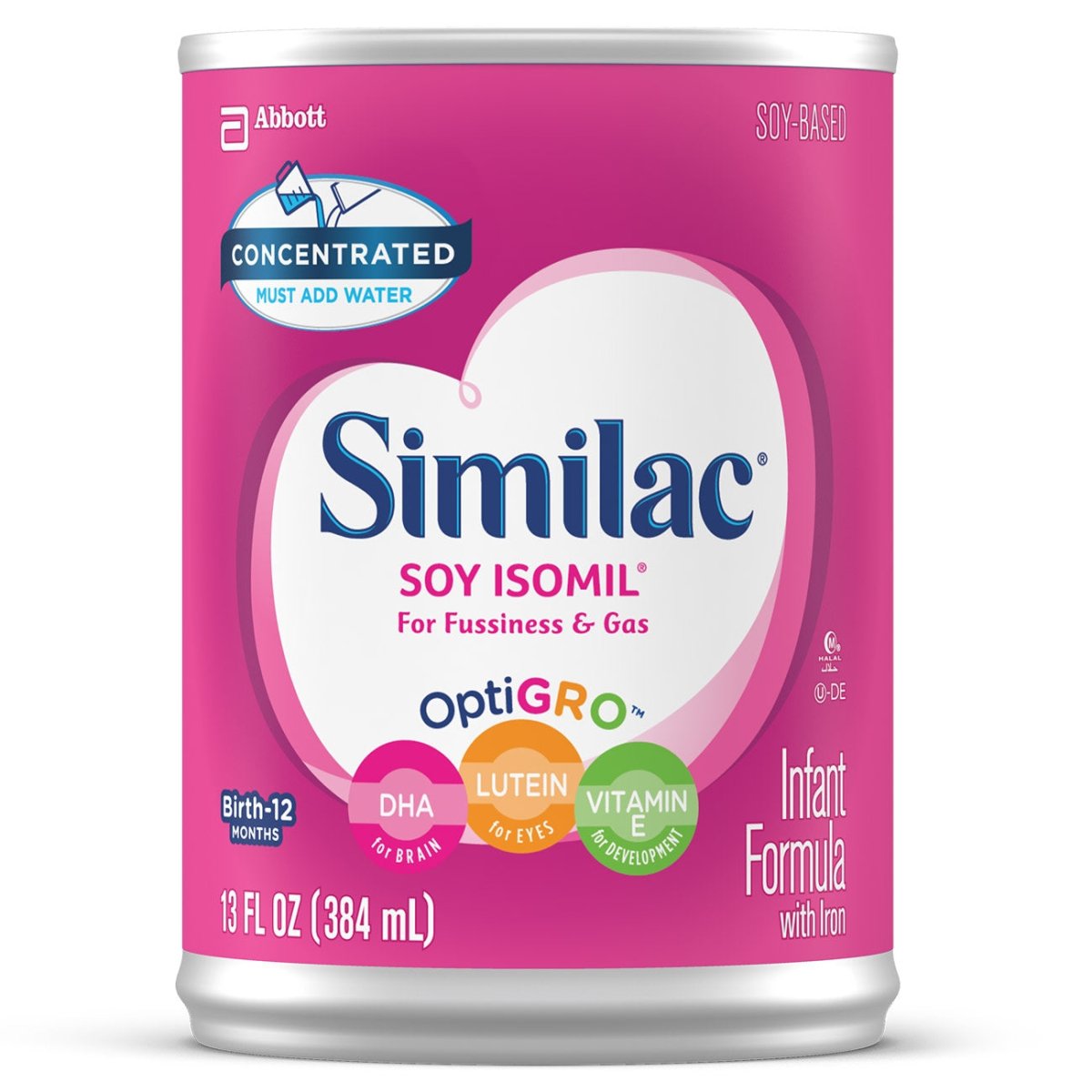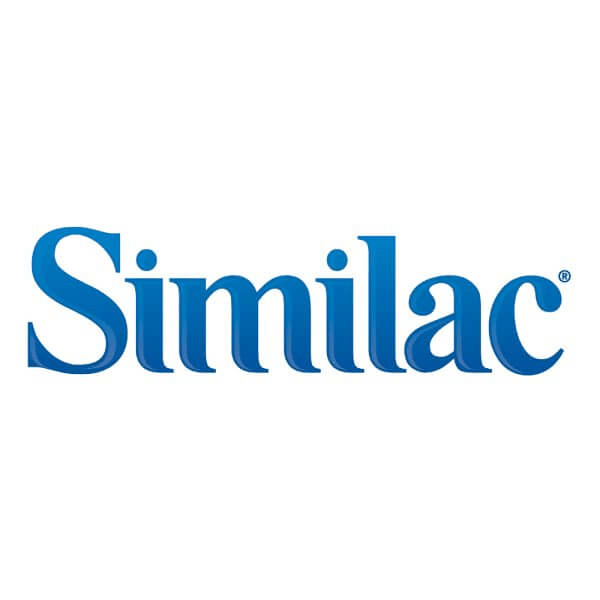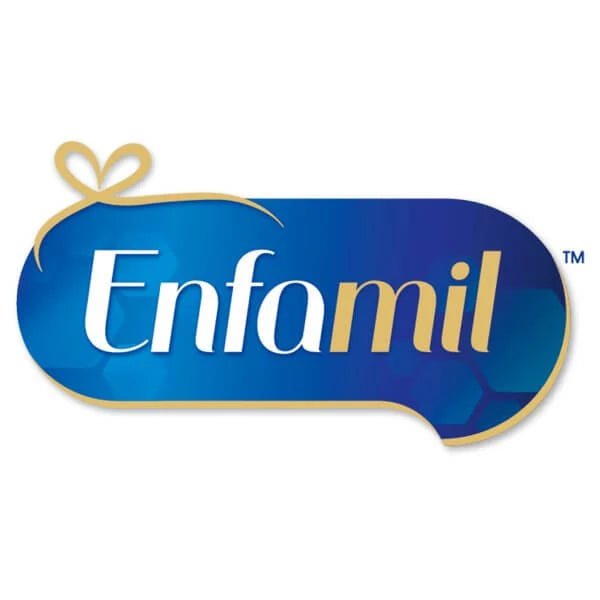Browse our selection of baby formula for your baby's dietary needs.
Choose the right baby formula for your child's dietary needs, whether your baby needs more iron, more calories, or eye and brain support, we've got you covered. We offer a wide variety of baby formula types from the brands you know and trust. Looking for infant formula for a specific reason? Use our "Health Conditions" filter to find formula specific for "Spit Up", "Loose Stool" or "Cow's Milk Allergy"
Babies who are not routinely breastfed can get a complete diet from baby formula. It comes in a variety of forms, including powder, liquid concentrate, and ready-to-feed. Composed of a precisely balanced blend of proteins, carbs, lipids, vitamins, and minerals to suit the nutritional needs of infants. Baby formula comes in various forms, including cow's milk-based, soy-based, and hypoallergenic formula for babies with allergies or unique dietary requirements. The formula should be given to infants until they are mature enough to begin eating solid meals, which is generally when they are at least four weeks old.
Why choose Powder over Ready to Feed or vice versa?
Baby formula is an alternative to breast milk that provides the necessary nutrients for a baby's growth and development. Various forms of baby formula are available in the market, including powder, ready-to-feed, and liquid concentrate. Each type has its own set of advantages and disadvantages, which are listed below:
Powder Formula:
Pros:
- Most affordable option
- Easy to store and transport
- Can be prepared in advance
- One container can last for a more extended period of time
Cons:
- Requires preparation, which may be time-consuming
- Accuracy is essential when mixing the formula with water
- Possible risk of contamination if not prepared properly
Ready-to-Feed Formula:
Pros:
- No preparation required
- Convenient for on-the-go feeding
- Reduced risk of contamination
- No need to worry about measuring or mixing
Cons:
- More expensive than powder formula
- Bulkier and heavier to store and transport
- Limited shelf life once opened
- Can cause constipation or digestive issues in some babies
Liquid Concentrate Formula:
Pros:
- Easy and quick to prepare
- Reduced risk of contamination
- Smaller and more convenient to store and transport than ready-to-feed formula
Cons:
- More expensive than powder formula
- Requires precise measuring of formula and water
- Limited shelf life once opened
- May cause digestive issues in some babies
Overall, each type of baby formula has its advantages and disadvantages, and it's up to the parents to choose the type that works best for them and their baby's needs. It is important to consult with a pediatrician before making any changes to a baby's diet.
Shop Baby Formula Brands here.
Frequently Asked Questions about Baby Formula
Do you still have questions about Baby Formula?
If we still haven't answered your question, you can contact us by phone or email and we will get back to you as soon as possible.
